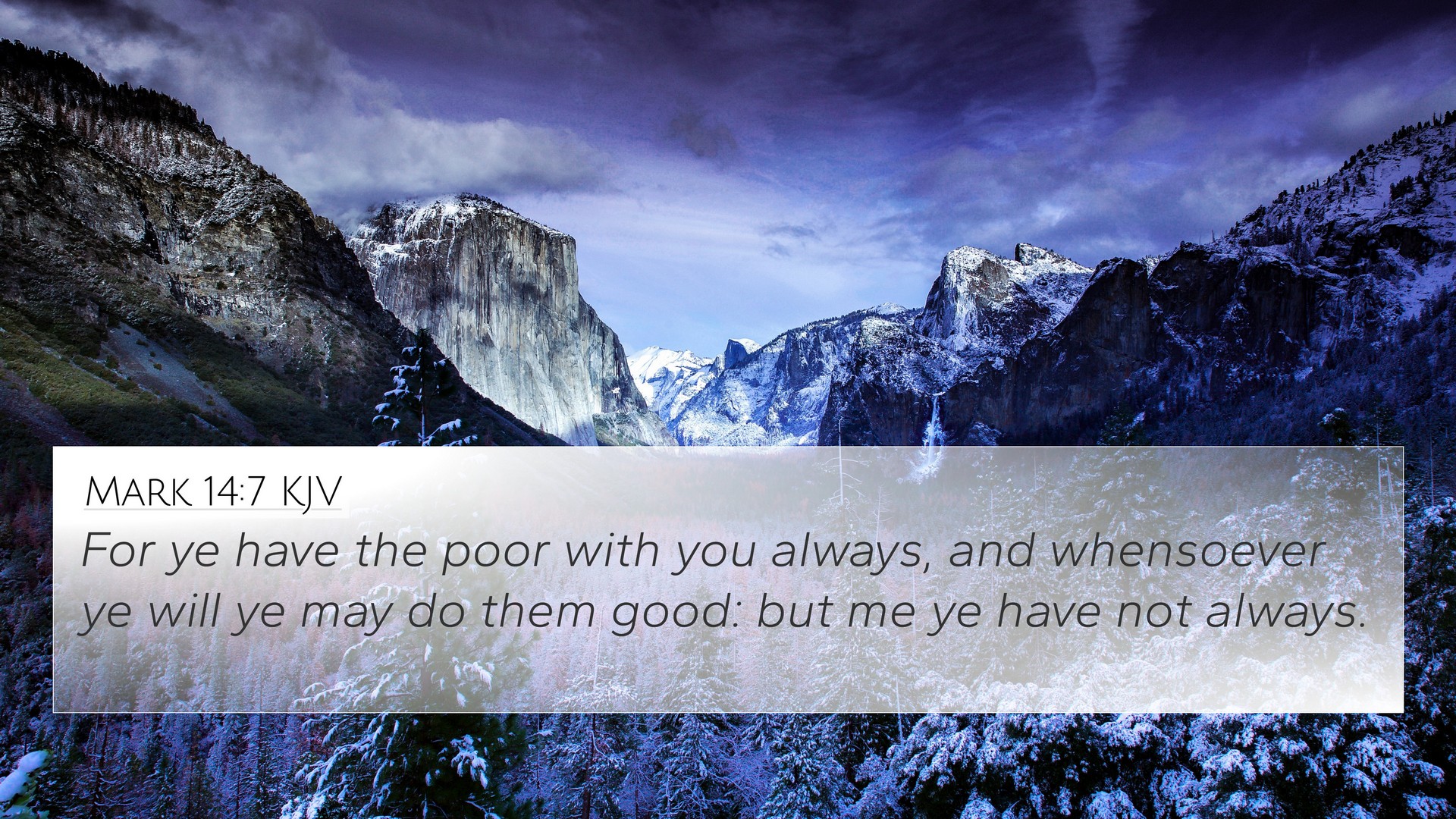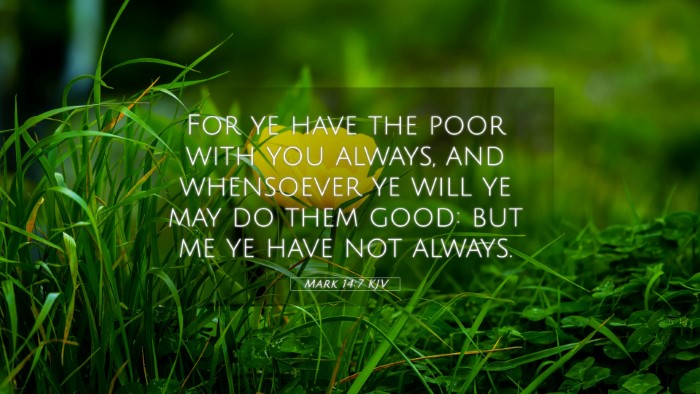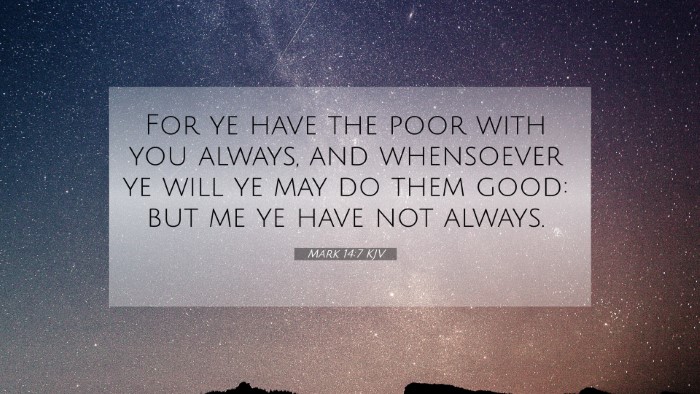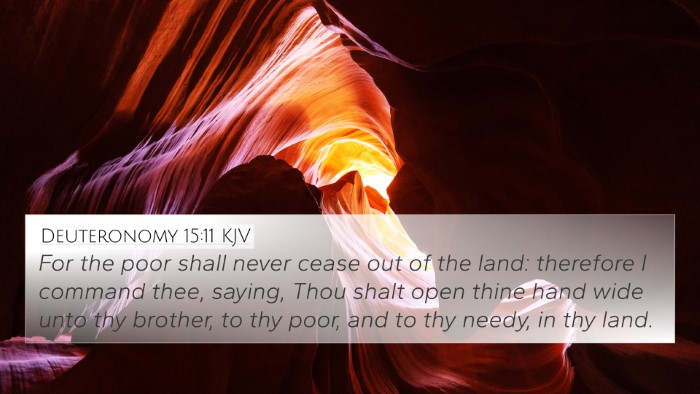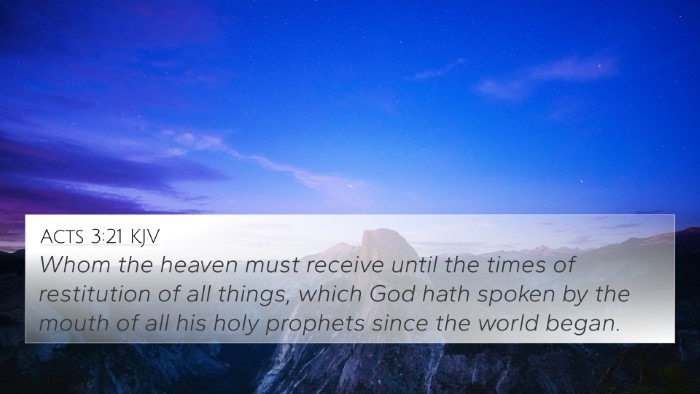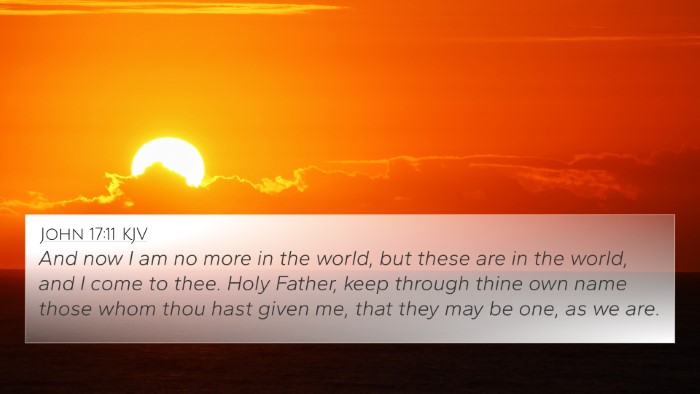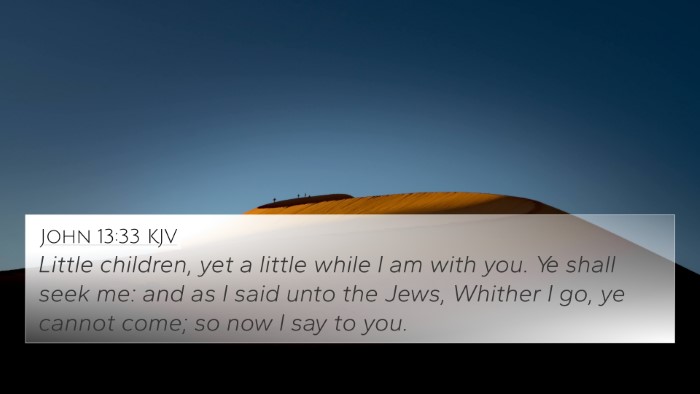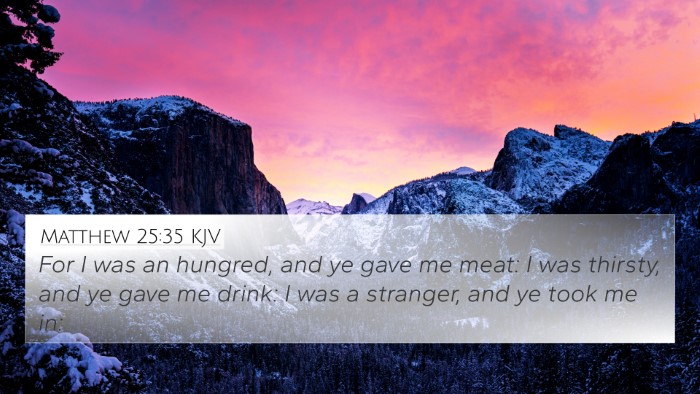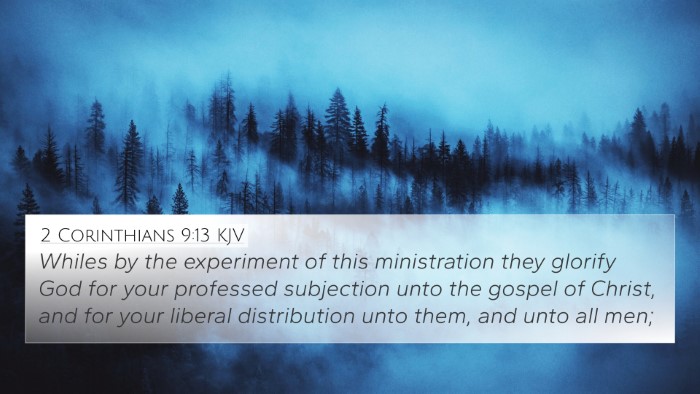Understanding Mark 14:7
Mark 14:7 states: "For you always have the poor with you, and whenever you want, you can do good for them. But you will not always have me." This verse captures a significant moment during Jesus' final days, reflecting both an immediate context and a deeper theological truth.
Contextual Background
In this passage, Jesus is responding to criticism regarding a woman anointing Him with expensive perfume. The disciples, particularly Judas Iscariot, express their disdain for what they perceive as wasteful spending, arguing that the money could have been better used to help the poor.
Thematic Insights
- Christ's Presence: Jesus emphasizes the temporary nature of His earthly presence, indicating that His time is limited compared to the constant presence of the needy (Matthew Henry).
- Priority of Worship: The act of anointing symbolizes a profound act of worship and recognition of Jesus' significance, highlighting that intimate devotion to Christ sometimes transcends immediate humanitarian concerns (Albert Barnes).
- Perpetual Poverty: Jesus acknowledges the ongoing presence of poverty in the world, suggesting that care for the poor is vital but should not overshadow the recognition of His divinity and mission (Adam Clarke).
Biblical Cross-References
- Matthew 26:11 - "For you will always have the poor with you, but you will not always have me."
- Deuteronomy 15:11 - “There will never cease to be poor in the land; therefore I command you, ‘You shall open wide your hand to your brother, to the needy and to the poor, in your land.’”
- John 12:8 - "For the poor you always have with you, but you do not always have me."
- Luke 7:37-38 - The story of a sinful woman who anoints Jesus shows the value of personal devotion to Christ.
- Matthew 5:3 - "Blessed are the poor in spirit, for theirs is the kingdom of heaven."
- James 1:27 - "Religion that God our Father accepts as pure and faultless is this: to look after orphans and widows in their distress..."
- 1 John 3:17 - "If anyone has material possessions and sees a brother or sister in need but has no pity on them, how can the love of God be in that person?"
Summary of Key Themes
The essence of Mark 14:7 lies in the intersection of worship and social responsibility. While Jesus does not diminish the importance of caring for the poor, He asserts His divine identity and the urgency of recognizing and honoring His presence on earth. This reinforces the understanding that while acts of charity are significant, they should not eclipse our recognition of Christ's significance and His saving work.
Application for Today's Believers
This discourse serves as a reminder for contemporary Christians to find the balance between social justice and spiritual devotion. Engaging with both areas can lead to a fuller expression of faith, where the acknowledgment of Christ’s sacrifice is harmoniously joined with a call to care for the less fortunate.
Conclusion
Mark 14:7 challenges believers to reflect on their priorities. In a world filled with ongoing needs, it is pivotal to recognize moments of devotion to God, even amidst the call to serve others. This verse, alongside its cross-references, encourages deeper study and appreciation of the relationship between Christ's instructive teachings and our responses to the needy.
